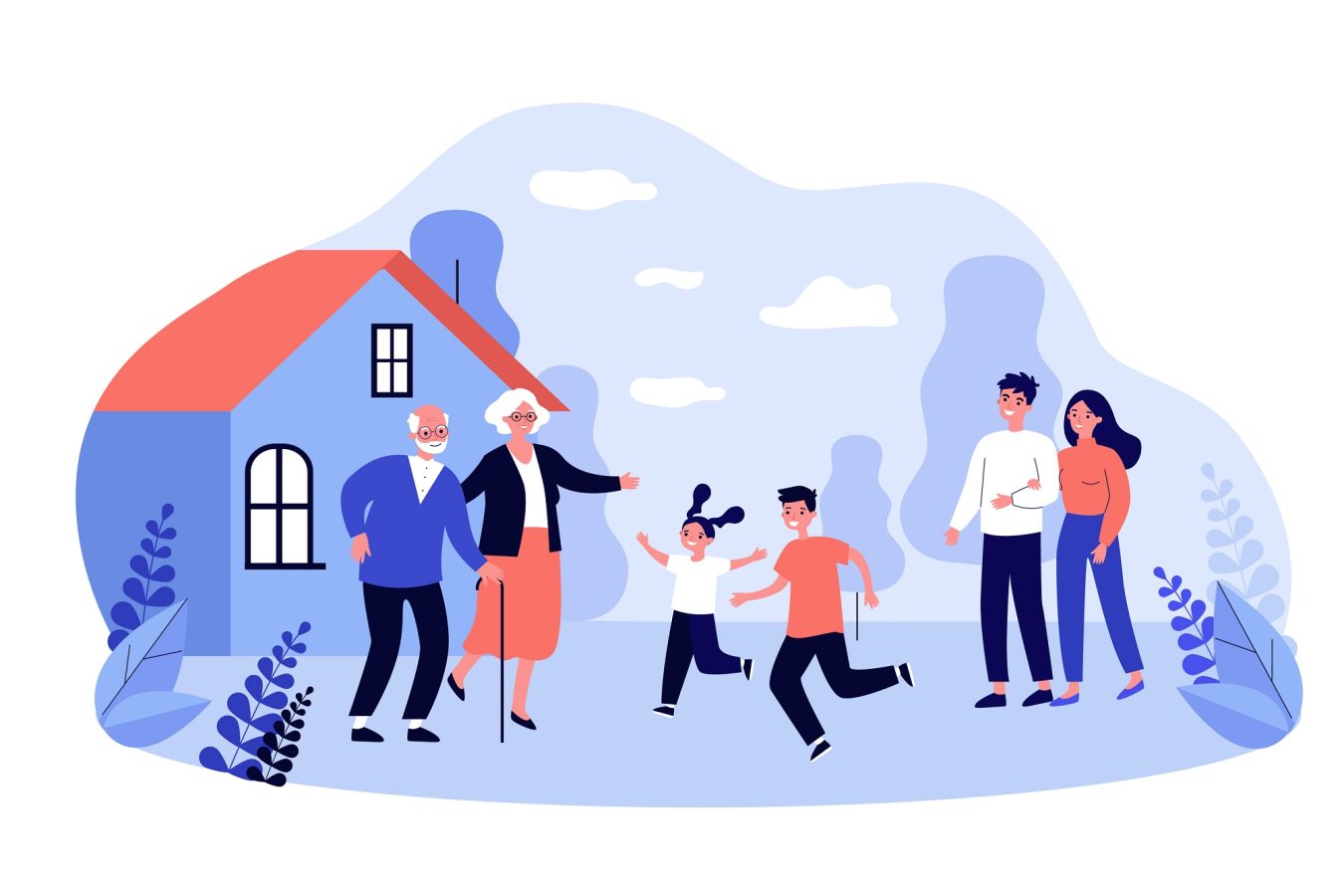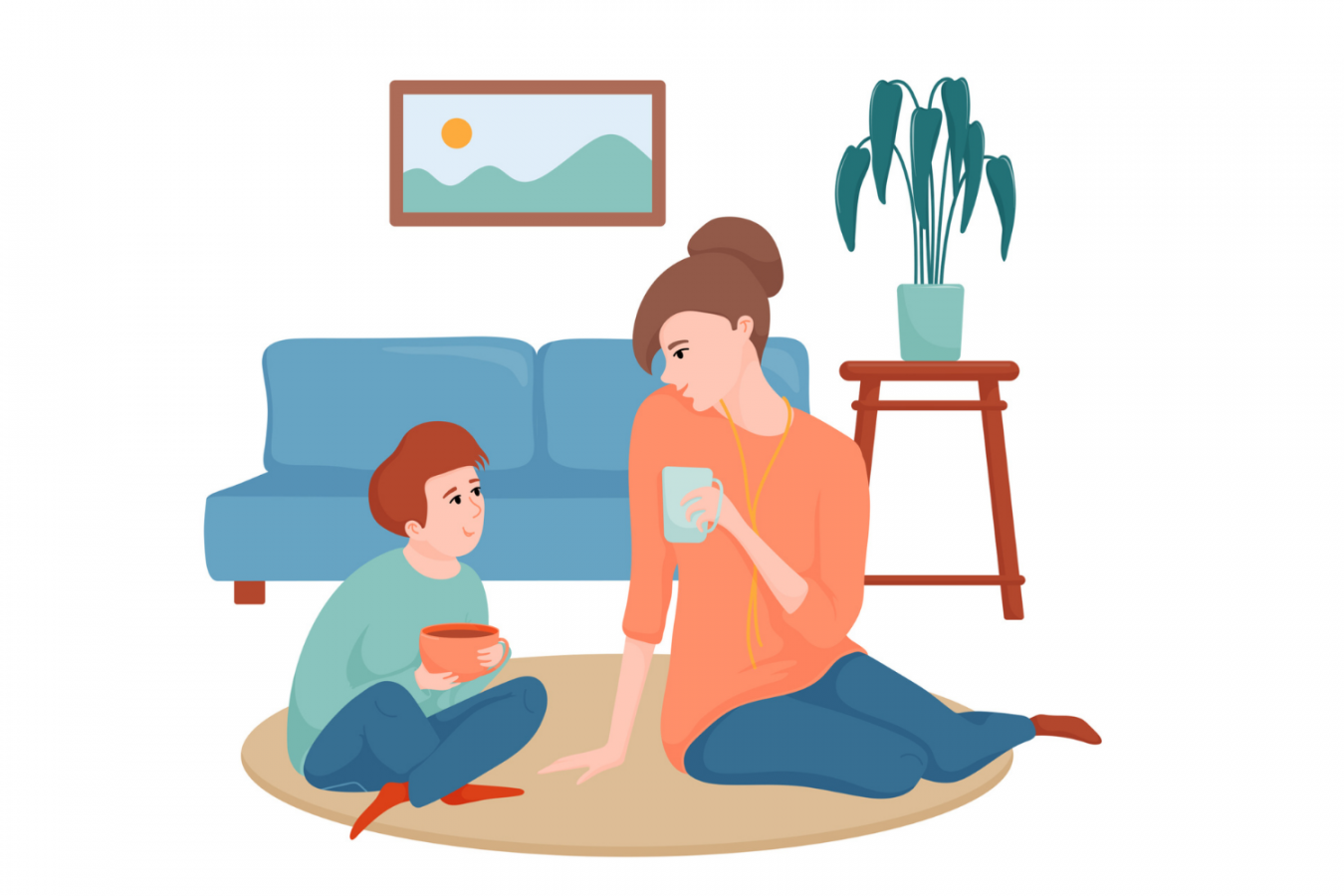
Leading clinical psychologist Andrew Fuller makes the case why parents should take a clear and strong stand against their teenager drinking - and gives tips on how to have that tough conversation.
In America, if you say you want another alcoholic drink they think you have a problem. In Australia, if you say you don’t drink alcohol people think you have a problem.
Without wanting to be too much of a wowser about it, our attitudes around drinking are seriously stuffed up. For example:
- We deplore random violence in our streets. But we don’t address the alcohol consumption that causes it.
- We want to preserve our children’s childhood. But if they pester us enough, we will give them a few drinks to take to a party.
- We fear the consequences of young people mixing drinking and driving. But we don’t ensure they stay sober enough to get home safely.
- We deplore sexual assault and date rape. But we seem to forget this occurs in the context of alcohol and drugs at parties.
- We want our kids to have a great life. But we don’t question it when they feel the only way they can do this is to have a few drinks first.
We live in a society that for some reason has forgotten that you can have celebration without intoxication. With this level of mixed messages floating around, teens are not going to be convinced to not drink alcohol unless parents take a clear, strong stand.
Ten quick reasons why under 18s should not use alcohol
- The growing brain is more easily damaged by alcohol.
- It is against the law.
- It is against the law (yes, I know I just said that, but I wanted to repeat it so you don’t glide over it).
- People who drink as teenagers are more likely to become problem drinkers when they become adults.
- Teenagers process alcohol differently. Adults get sleepy after too many drinks. Teens are up and firing and ready to do all manner of risky things.
- Teens don’t know when to stop drinking. The majority of teens binge when they drink.
- Alcohol-related traffic accidents are a major cause of death among young people. Alcohol use also is linked with teen deaths by drowning, suicide and homicide.
- Teens who use alcohol are more likely to be sexually active at earlier ages, to have sexual intercourse more often, and to have unprotected sex, than teens who do not drink. Teen parties can be dangerous places to be if you are off your face.
- Young people who drink are more likely than others to be victims of violent crime, including rape, aggravated assault and robbery.
- Teens who drink are more likely to have problems with school work.

What teens want from drinking alcohol
Some teens want to drink at parties to get smashed, off their face, rat-faced blotto. These are the people who are most likely to become problem drinkers as adults. Having permissive parents who provide alcohol for them signals to them that getting blind drunk is acceptable.
Other teens want to drink at parties because it will lessen their anxiety. Parties are filled with romantic possibilities and teens are mostly pretty anxious about picking up.
We need to help our teens learn the art of talking to and mixing with other people. It also helps to point out the sexiest person at the party is unlikely to be the guy or girl who is sprawled unconscious, covered in their own vomit.
Some teens want to drink because it helps them to fit in. Teens are desperate to be accepted by their friends and will do almost anything to get that acceptance. Parents often sympathise with this but perhaps don’t think about what happens if their teen wants to fit in with another group, say heroin-using young people or a criminal gang.
Tips for talking with your teen
Teens need to know where you stand on this issue. Be clear and unambiguous.
Recognise it is tough. It is much tougher in this country not to drink, than to drink. Say, ‘I’m going to ask you to something tough. I know this is hard and I know you probably won’t agree: I don’t want you to drink alcohol until you are 18’.
If it helps you, use one of the ten reasons why alcohol should not be used by under 18-year-olds to justify your statement.
Expect disagreement. Expect, ‘Everyone else is’, ‘All the other parents let their kids drink’, ‘You are so old fashioned’, ‘You are the worst parent’, and ‘You can’t stop me,’ or ‘You don’t love me’.
Do not expect your teen to be swayed by the strength of your argument the first time you raise this issue.
There is no need for you to answer their claims in any great detail, so don’t get drawn into a long winded dispute. If it seems likely to become an argument say, ‘You’ve heard and know my position, let’s discuss it again when you had a chance to think it over’ and then move away.
If the discussion is calmer, you might consider outlining the consequences if you find they have been drinking alcohol.
Generally, teens will go away sulking and scheming and then come back to you to make a further argument in favour of drinking alcohol. Usually their new argument is based on their fears of social rejection as a dry, unfashionable nerd. Ostracisation and ridicule will be envisaged.
Stick to your argument. Eventually you will get to a point where you can start to plan strategies for handling the pressure to drink at parties.
Remind your teen that it is possible to have fun without drinking.
Things teens can say to explain why they are not drinking at parties
- My parents would kill me.
- I have a rare medical condition.
- I have a performance tomorrow.
- I have an allergic reaction to alcohol that requires hospitalisation.
- I have made a deal with my parents that if I don’t drink until I’m 18 I get a lot of money.
- I’m hungover from last night.
- I’m on a diet.
- I’m on medication that reacts really badly with alcohol.
- I’m the designated driver (if older).
- I’m in a training phase and we’ve agreed as a team not to drink until after the finals.
- I’ve decided not to drink. This is the hardest because some teens will want to question or influence your decision.
©Andrew Fuller
Like this post? Please share using the buttons located on this page.
About Andrew Fuller
Andrew is a clinical psychologist specialising in the wellbeing of young people and their families.
Stay in touch with Andrew on Facebook, on LinkedIn. More tips about how to maximise your success can be found at:
Andrew’s websites
www.andrewfuller.com.au
www.mylearningstrengths.com (45,000 young people in the past year discovered their learning strengths and found how to increase success and motivation).
Books for parents
Tricky Conversations
Tricky Teens and Emerging Adults: A survival guide for parents
Unlocking Your Child’s Genius: How to discover and encourage your child’s natural talents
Books for teachers
Guerilla Tactics for Teachers: The Essential Classroom Management Guide
Work Smarter, Not Harder: Study skills for students who dislike homework
Tricky Conversations: How to have less conflict and more peace in your life
Neurodevelopmental Differentiation: Optimising Brain Systems to Maximise Learning
Books for parents
Tricky Conversations
Tricky Teens and Emerging Adults: A survival guide for parents
Unlocking Your Child’s Genius: How to discover and encourage your child’s natural talents
Books for teachers
Guerilla Tactics for Teachers: The Essential Classroom Management Guide
Work Smarter, Not Harder: Study skills for students who dislike homework
Tricky Conversations: How to have less conflict and more peace in your life
Neurodevelopmental Differentiation: Optimising Brain Systems to Maximise Learning



